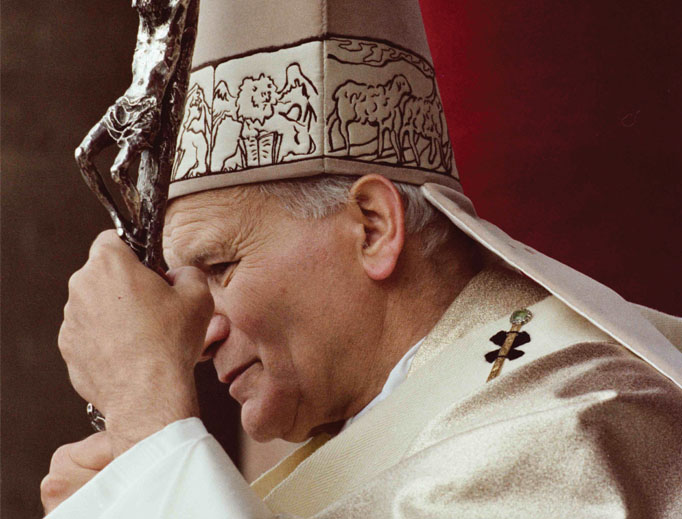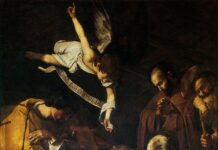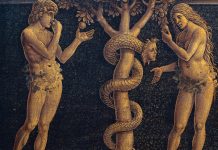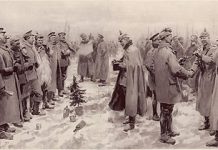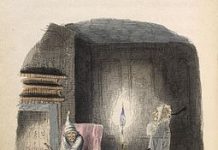EUCHARISTIC CELEBRATION FOR THE FEAST OF CHRIST THE KING
HOMILY OF POPE JOHN PAUL II
Sunday, 23 November 1997
1. On this Sunday which closes the liturgical year, the Church celebrates the Solemnity of Our Lord Jesus Christ, King of the Universe. In the Gospel we listened to Pontius Pilate’s question to Jesus: “Are you the King of the Jews?” (Jn 18:33). Jesus replies by asking in turn: “Do you say this of your own accord, or did others say it to you about me?” (Jn 18:34). And Pilate answers: “Am I a Jew? Your own nation and the chief priests have handed you over to me; what have you done?” (Jn 18:35).
At this point in the dialogue, Christ states: “My kingship is not of this world; if my kingship were of this world, my servants would fight, that I might not be handed over to the Jews; but my kingship is not from the world” (Jn 18:36).
Everything is clear and transparent now. Faced with the priests’ accusation, Jesus reveals that his is another kind of kingship, a divine and spiritual kingship. Pilate asks for confirmation: “So you are a king?” (Jn 18:37). At this point, excluding every erroneous interpretation of his royal dignity, Jesus indicates his true kingship: “I am a king. For this I was born, and for this I have come into the world, to bear witness to the truth. Every one who is of the truth hears my voice” (Jn 18:37).
He is not a king as the representatives of the Sanhedrin understood it: he does not, in fact, aspire to any political power in Israel. On the contrary, his kingdom goes well beyond the borders of Palestine. Everyone who is of the truth hears his voice (cf. Jn 18:37) and recognizes him as king. This is the universal scope of Christ’s kingdom and its spiritual dimension.
2. “Bear witness to the truth” (Jn 18:37). The reading from the Book of Revelation says that Jesus Christ is “the faithful witness” (1:5). He is the faithful witness because he reveals the mystery of God and announces his kingdom, which is now present. He is the first Servant of this kingdom. By becoming “obedient unto death, even death on the cross” (Phil 2:8), he will witness to the Father’s power over creation and over the world. And the place for exercising his kingship is the Cross he embraces on Golgotha. His was a shameful death, but it represents a confirmation of the Gospel proclamation of the kingdom of God. In the eyes of his enemies, that death should have been proof that all he had said and done was false: “He is the King of Israel; let him come down now from the cross, and we will believe in him” (Mt 27:42). He did not come down from the cross but, like the Good Shepherd, he gave his life for his sheep (cf. Jn 10:11). The confirmation of his royal power, however, came a little later when on the third day he rose from the dead, revealing himself as “the first-born of the dead” (Rv 1:5).
He, the obedient Servant, is King because he has “the keys of death and Hades” (Rv 1:18). And, because he is the conqueror of death, hell and Satan, he is “the ruler of kings on earth” (Rv 1:5). In fact, everything on earth is subject to death. Instead, he who has power over death opens the prospect of immortal life to all humanity. He is the Alpha and the Omega, the beginning and the fulfilment of all creation (cf. Rv 1:8), so that every generation can repeat: Blessed is his kingdom that is coming (cf. Mk 11:10).
(To continue reading, please see here)

